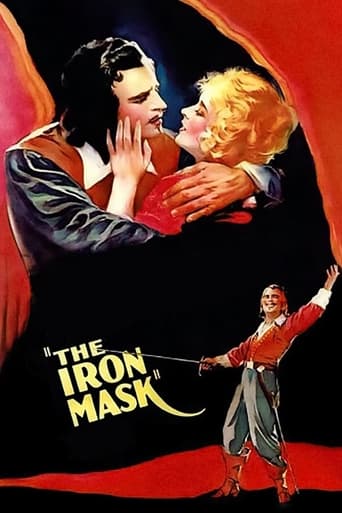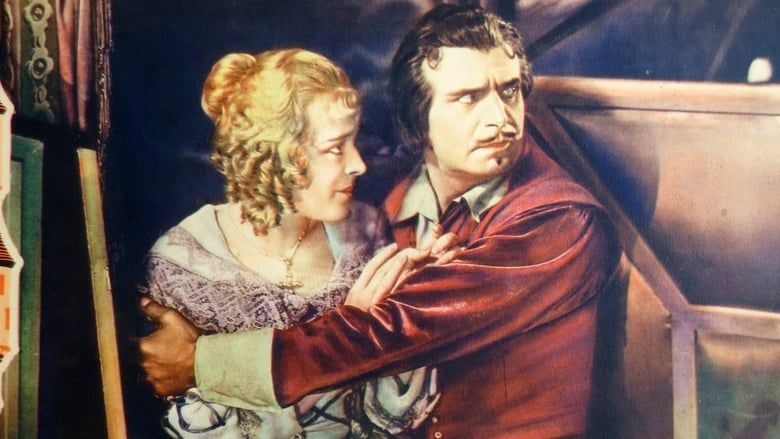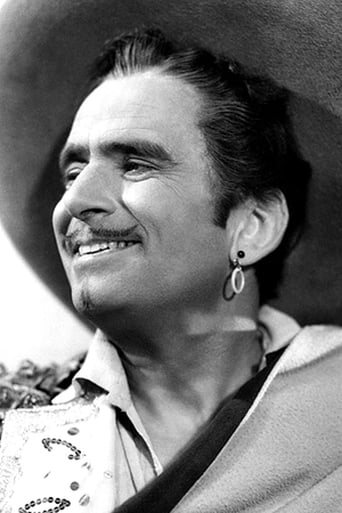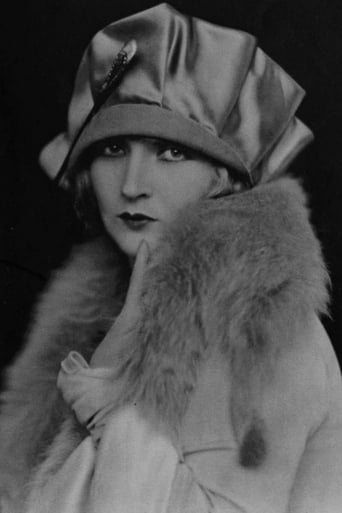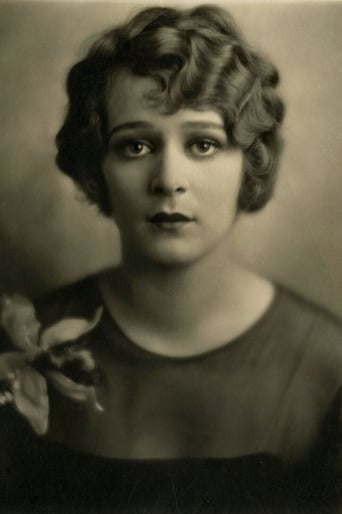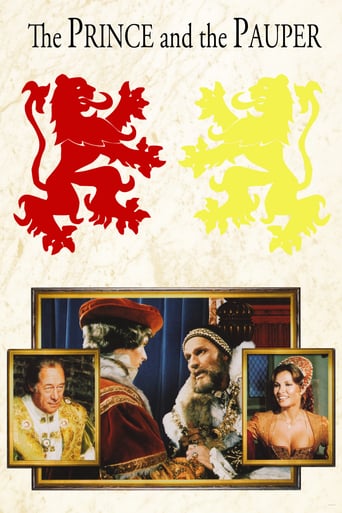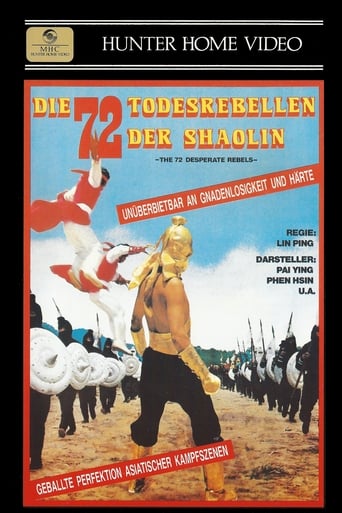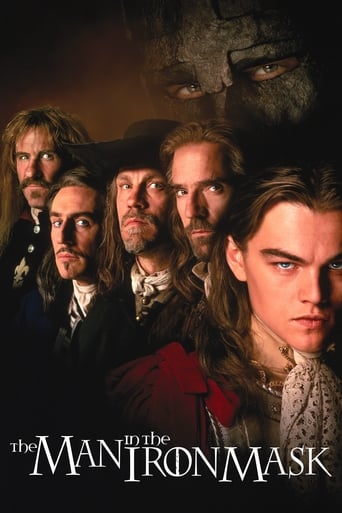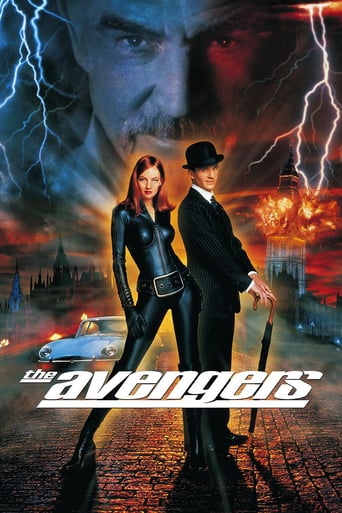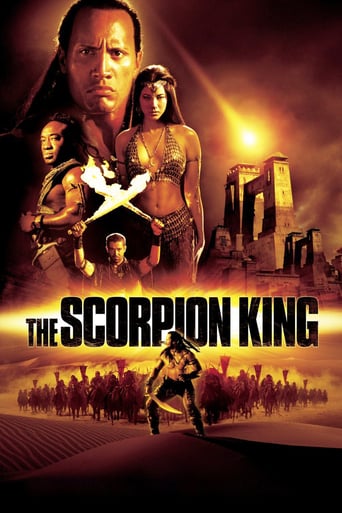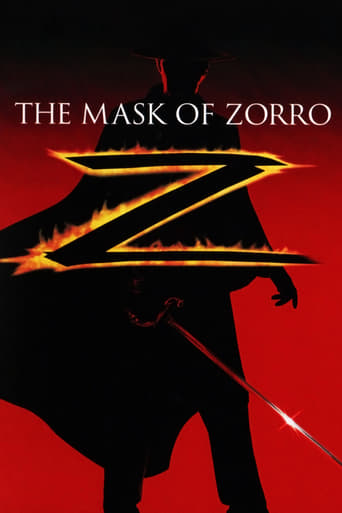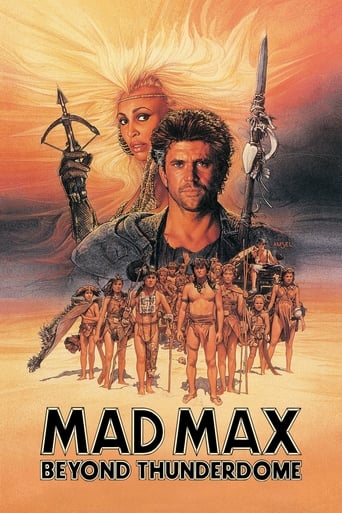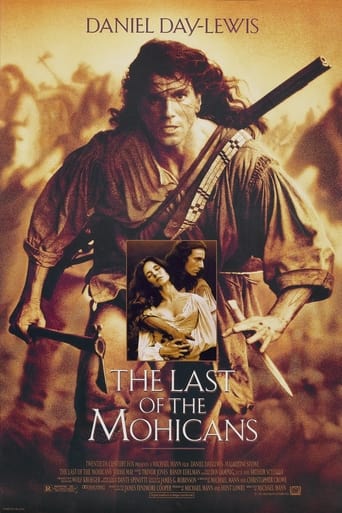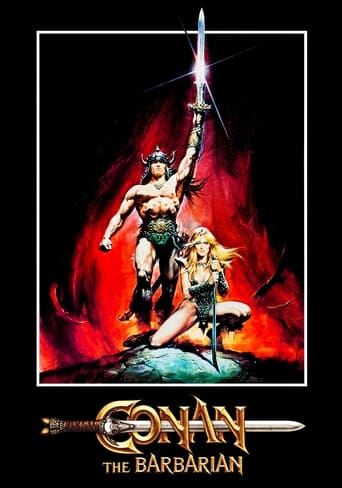The Iron Mask (1929)
King Louis XIII of France is thrilled to have born to him a son - an heir to the throne. But when the queen delivers a twin, Cardinal Richelieu sees the second son as a potential for revolution, and has him sent off to Spain to be raised in secret to ensure a peaceful future for France. Alas, keeping the secret means sending Constance, lover of D'Artagnan, off to a convent. D'Artagnan hears of this and rallies the Musketeers in a bid to rescue her. Unfortunately, Richelieu out-smarts the Musketeers and banishes them forever.
Watch Trailer
Free Trial Channels
Cast


Similar titles
Reviews
A Major Disappointment
Through painfully honest and emotional moments, the movie becomes irresistibly relatable
There's no way I can possibly love it entirely but I just think its ridiculously bad, but enjoyable at the same time.
By the time the dramatic fireworks start popping off, each one feels earned.
Eighty-five years after it was made, The Iron Mask retains its luster, its magnetism, and it's delightful storytelling. Despite its veering from the plot of Dumas' great novel, The Iron Mask is a highly entertaining adventure in its own right. Of course, with Douglas Fairbanks as the D'Artagnan character, the film has an advantage right out of the gate. It has less over-the-top action than in earlier Fairbanks swashbucklers, and Fairbanks's acrobatics are more subdued than in his earlier actioners. But at age 46 he could still bound and leap and climb and buckle a swash better than the best men half his age, better, in fact, than almost any man of any age. And what an actor! Just his smile could make his audience joyful. His tenderness, his sincerity, and his depth were irresistible convincing, capturing every emotion he wished to convey. Although this was his last silent film, it contained a brief sound introduction to Part 1 and another to Part 2, both with shots of Fairbanks narrating in a stirring, proud voice. A few elements of the film are dated, most notably the shots of the evil royal twin, who emoted in the hammiest sense. Little items like that do not detract from the appeal of The Iron Mask. This was the first time I'd watched it. I will watch it again.
For his farewell to the silent screen Douglas Fairbanks chose to continue with the further adventures of The Three Musketeers in The Iron Mask just as Alexandre Dumas did in his novel. It was certainly a worthy farewell.Douglas Fairbanks probably could have continued his career in talkies and he did make a few films in that medium. But silent films were perfect for his boisterous personality. Neither he or Mary Pickford every really learned to dial it down a bit for sound. I like to think of this rather than The Private Life Of Don Juan as his real farewell picture.Actually a bit of The Three Musketeers plot is brought in to set the stage for the twin sons of Louis XIII who threatened a dynastic crisis for the Bourbons in France. Rocheford the villain who dies in The Three Musketeers lives here in the person of Ulrich Haupt who takes over the raising of the second born twin in obscurity in the Pyrenees over the Spanish border. Rocheford works on the kid, but being abandoned by his parents will work on you psychologically no matter what the circumstances.When the time is right Haupt strikes and substitutes one twin for the other, both played by William Bakewell. It's bad karma to kill royalty outright so Haupt devises this iron mask to imprison the real Louis XIV so no one knows who he is and thinks him a mad man. Of course the plot is foiled and Fairbanks repeating the role of D'Artagnan does the foiling together with his musketeer companions of days gone by as they ride one last time for the honor of France.The version I saw eschewed subtitles and had a narration supplied by Douglas Fairbanks, Jr. who did the dialog with proper élan and reverence for his father. It makes for marvelous viewing and hearing.The Iron Mask has to be considered one of Douglas Fairbanks best films and holds remarkably well for today's audience.
Monday August 28, 7:00pm, The Paramount TheaterDumas amuck Among the most popular works of literature adapted for film, Alexander Dumas' D'Artagnan Romances, have seen no less than ninety versions produced for the screen, from Biograph's abbreviated, Fencing Contest from 'The Three Musketeers' (1898), to French and Latvian features released in 2005. Dumas' trilogy, The Three Musketeers, Twenty Years After, and The Vicomte de Bragelonne, have been reincarnated as animated characters, French Legionnaires, secret agents, troubadours and even Texas Rangers!A Modern Musketeer ...D'Artagnan was perfect casting for an excessively energetic Douglas Fairbanks in A Modern Musketeer (1917). The film offered a glimpse of the young swordsman as a fantasy sequence within a modern story. It also served as a seed of inspiration when Fairbanks launched into the final decade of his silent film career with a series of costume dramas including The Three Musketeers (1921). The art direction, production design and originality of these films, which include Robin Hood (1923), The Thief of Bagdad (1924) and The Gaucho (1928) remains unsurpassed today. As his finale to the silent era, Fairbanks returned to Dumas and D'Artagnan's further adventures in The Iron Mask (1929). Along with Fairbanks, returning from the 1921 film were Marguerite De La Motte as Constance, Nigel De Brulier as Cardinal Richelieu (a character he played four times), Lon Poff as Father Joseph, Charles Stevens as Planchet, D'Artagnan's servant, Leon Bary as Athos and screenwriter Lotta Woods. Fairbanks also gave a nod to the coming of sound by including a Vitaphone sound-on-disk synchronized musical score which included a spoken prologue and bridge between the end of the Musketeers and Twenty Years After. In 1929, the film was released with both sound and silent versions, as was often the case."It is sometimes more difficult for Kings to return Than to make an exit."This was the last and final time Fairbanks would buckle his swash and the culmination of a lifetime playing humorous and high-spirited action heroes. For it's sheer brilliance of concept, its fluid movement from one scene to the next with the continuous flow of narrative, the initial introduction of characters and setup of the story in this film is unequaled. The film begins with the entrance of King Louis XIII at St. Germain as he anxiously awaits the birth of an heir. The quality of set design, thousands of costumed extras used, monumental production scale and painstaking detail of craftsmanship could never be undertaken today. From the palace, the action moves to D'Artagnan beckoning Constance from the street, below her window. She must hurry to the waiting Queen's coach, and in a sequence of almost balletic beauty she and D'Artagnan hurry from place to place, in search of a moment's privacy, and a kiss. At forty-five, Fairbanks shows every bit of the athletic grace seen in earlier films as he and De La Motte glide over a garden wall and back again. Fairbanks gives his character just the right amount of boyish mischief to balance a flawless performance. D'Artagnon literally rides into the next scene as he jumps from the coach to the aid of his fellow musketeers. They challenge the Cardinal's Guards, then seamlessly move into a wonderful display of humorous camaraderie as the four link arms in a tug-of-war between the much larger Porthos (Stanley J. Stanford) and D'Artagnan that ends as they pull a cartload of barrels into a tavern. Only Fairbanks could transform something as simple as catching a tossed breadroll into a captivating display of skill. The Musketeers are left to pass the time as the action returns to the palace and Louis presenting his newborn son to the cheering sea of humanity below (and that ain't cgi!). And then of course, there is " the other one " As in all Fairbanks' films, the swordplay is spectacular, this time using Belgian fencing master Fred Cavens as coach and consultant. Overall production was supervised by Maurice Leloir, " the acknowledged authority on the period depicted. With The Iron Mask , Fairbanks offers a combination of action, romance and humor showcasing the skills that he developed over years as he literally defined the genre. It's hard to imagine having a better time at any movie.
This is an entertaining version of the legend, familiar from the Dumas novels and numerous movies, of the Musketeers and "The Iron Mask". D'Artagnan is a very good role for Douglas Fairbanks, and as always he makes his character human, likable, and energetic. The story-telling is straightforward, but it has plenty of action and moves at a good pace. The version that has the added narration by Douglas Fairbanks, Jr. also works well. The narrative is well-written and lively, and nicely complements the action on-screen.The old-fashioned style of filming works pretty well for this kind of story, Fairbanks is in his element, and he gets good support from the rest of the cast as well. This is a fun feature for anyone who likes silent films.

